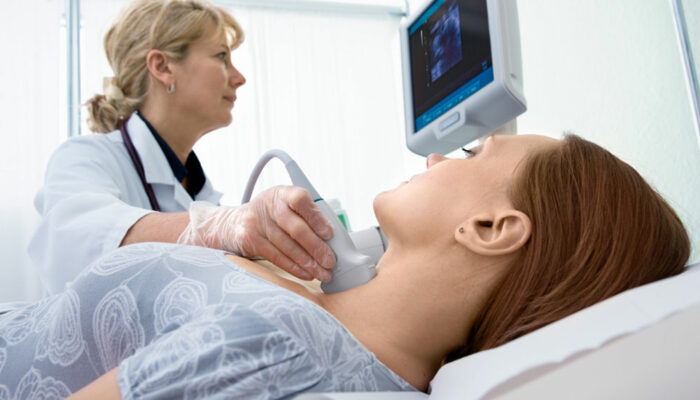
Everything you need to know about peptic ulcer
Peptic ulcer is an infectious sore or a boil that develops in the small intestine or lower esophagus. Peptic ulcers comprise of gastric ulcers and duodenal ulcers. Bacterium Helicobacter pylori(H.pylori) is the main cause of the peptic ulcer.
Symptoms of peptic ulcer
The main symptoms of a peptic ulcer include severe abdominal cramps. Other symptoms are:
- Traces of blood in vomit
- Sensation of heartburn
- Bloating
- Loss of weight
- Burping
- Blood in stools
Causes for peptic ulcer
Peptic ulcers are caused when the inner covering of the stomach or intestine is damaged by gastric acids that are present in the digestive tract. Increased stomach acid causes swelling leading to an ulcer. There are other factors that contribute to this condition. They are:
- Persistent use of painkillers
Regular usage of pain-relieving medicines such as ibuprofen, naproxen sodium, ketoprofen, and aspirin can increase the risk of tears in the thin lining of the intestine. - Presence of bacterium
The H.pylori bacteria is the main reason for causing irritations in the stomach’s inner layer which ultimately leads to an ulcer. The bacteria H.pylori is transmittable through contaminated food or water. It can also be contracted through fecal or oral contamination. - Other pills
Consuming tablets with steroids, anticoagulants, alendronate, actonel, and nonsteroidal anti-inflammatory drugs on a regular basis can increase the chances of developing ulcers.
This condition can prove to be fatal if the above factors are combined with stress, smoking, consumption of alcohol and excess intake of spicy food.
Additional complications
Peptic ulcers can prove to be fatal if not treated at the right time. The risks involved are:
- Excessive bleeding
Excess loss of blood through vomiting or while passing motions can lead to an anemic condition. Such cases might require a blood transfusion. - Sepsis
Peptic ulcer can lead to dangerous infections in case the ulcer causes a puncture in the stomach wall. - Impediment
Frequent vomiting and restriction in food intake due to blockage of the digestive tract will lead to weight loss.
Precautions
The following precautionary measures can be followed to reduce the risk of developing ulcers:
- Keeping infections at bay. H.Pylori spreads through food or water or through close contact with the infected person. In order to stay safe avoid eating uncooked food, wash hands with soap after using the toilet and when you come in contact with the external environment.
- Minimize the use of pain relievers. Reduce intake of pain-relieving medicines. Ask your physician to reduce the dosage if consuming pain relievers are unavoidable.
- Avoid the intake of medicines with alcohol.
- Avoid spicy food.
- If the intake of anti-inflammatory drugs is unavoidable, a small dosage of antacid must be taken with it.
Treatment
The physician may prescribe medicines to reduce the damage caused by peptic ulcers. Medications to treat this ailment include:
- Amoxicillin, levofloxacin, tinidazole, and tetracycline which will destroy H.pylori bacteria.
- Medication for minimizing the release of gastric acids.
- Antacids are recommended to offset the effects of stomach acids.
- Medicines to protect the lining of small intestine and stomach.



